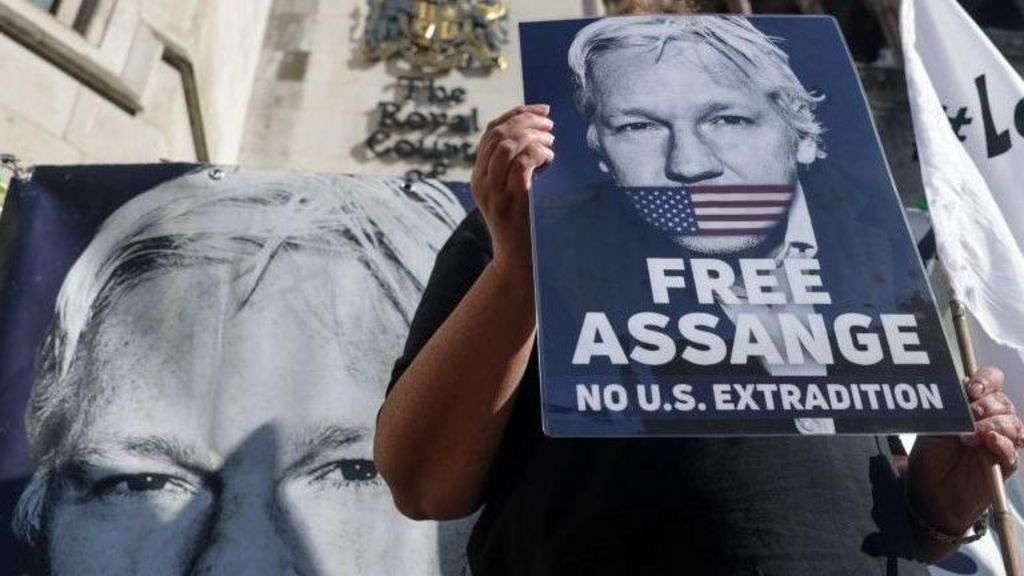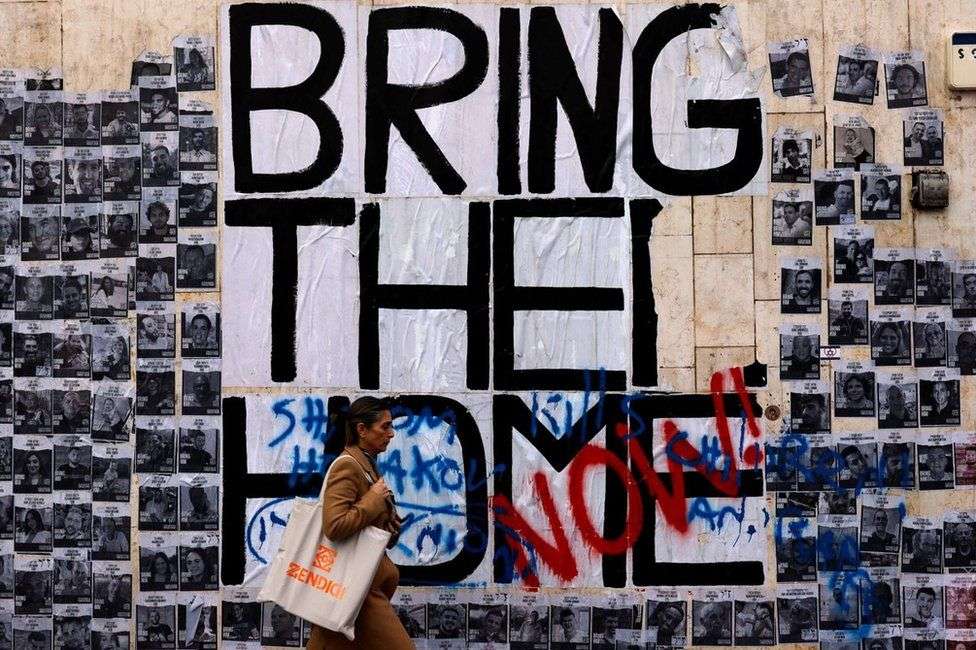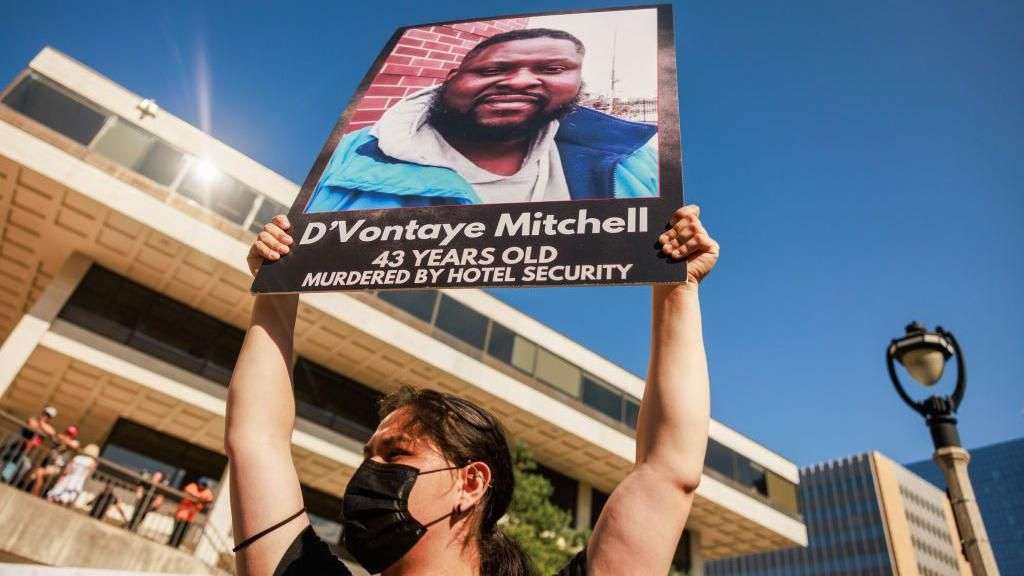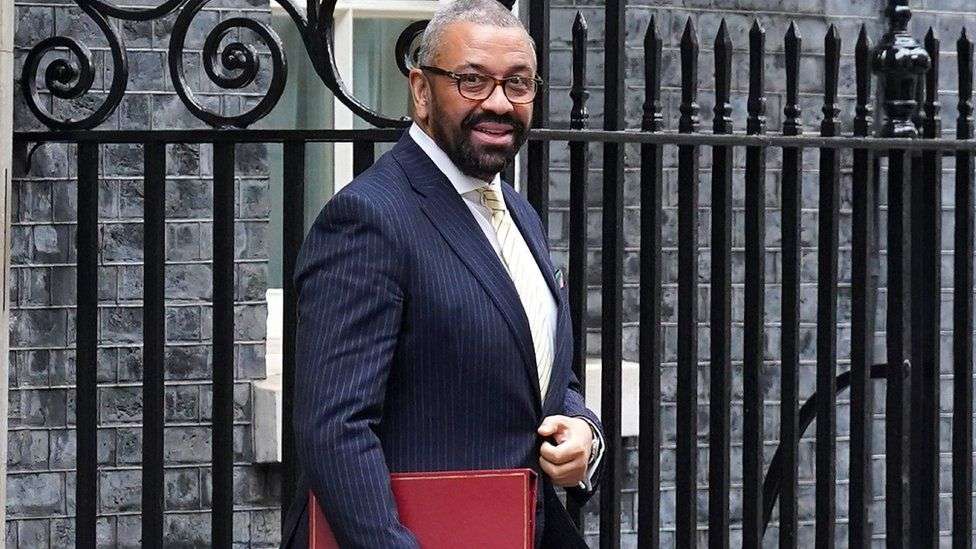Wikileaks founder Julian Assange can bring a new appeal against extradition to the US, the High Court has ruled.
He was granted permission to appeal against the order that he be sent to the US to stand trial for leaking military secrets, which prosecutors say endangered lives.
The decision means Mr Assange will be able to challenge US assurances over how his prospective trial would be conducted and whether his right to free speech would be infringed.
Mr Assange’s lawyers hugged each other in court after the ruling.
They have argued that the case against him is politically motivated.
In a short ruling this morning, two senior judges granted him permission to appeal against an earlier order, ruling that he needs to be given a full appeal in the UK.
Mr Assange, who is currently in Belmarsh Prison, will now have a number of months to prepare his appeal which will concern whether or not the US courts will protect his right to free speech as an Australian citizen.
He argues that his disclosures in 2010 revealed war crimes by the US.
Supporters of Mr Assange cheered as news of the decision filtered out of the court room.
It means he will remain in the UK for now.
Earlier on Monday, the 52-year-old’s wife Stella Assange told the OceanNewsUK that it would be a "decisive" day in the protracted legal battle. Ms Assange added that she would "fight on until Julian is free", whatever the judges ruled.
Had the court ruled in the US's favour, Mr Assange would have exhausted all legal avenues in the UK.
He has resisted extradition from the UK for more than a decade after his Wikileaks website published thousands of confidential US documents in 2010 and 2011.
The US Department of Justice described the leaks as "one of the largest compromises of classified information in the history of the United States".
The files suggested the US military had killed civilians in unreported incidents during the war in Afghanistan.
US authorities say Mr Assange endangered lives by failing to redact the names of intelligence operatives in the documents, but his lawyers have argued that the case is a politically motivated form of "state retaliation".








